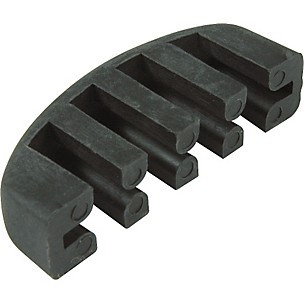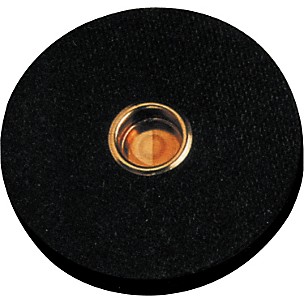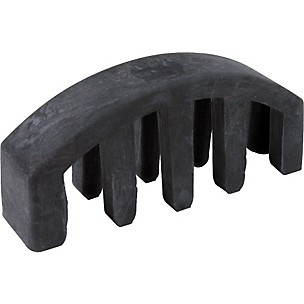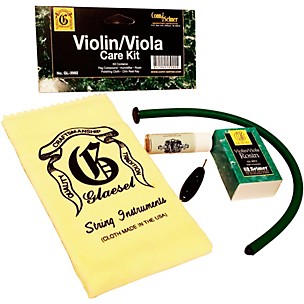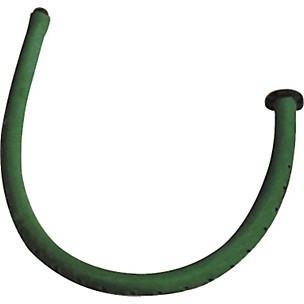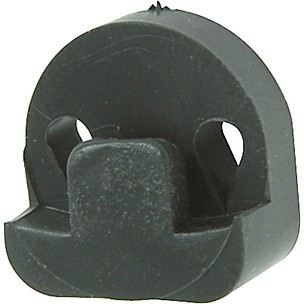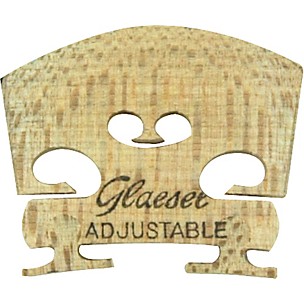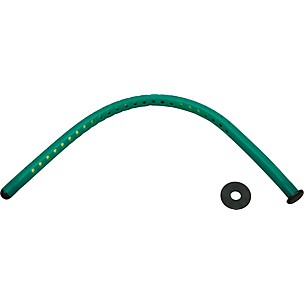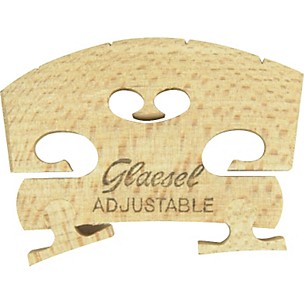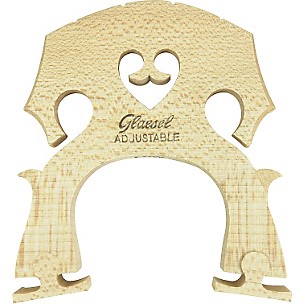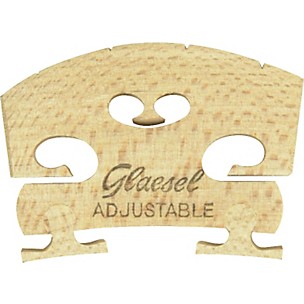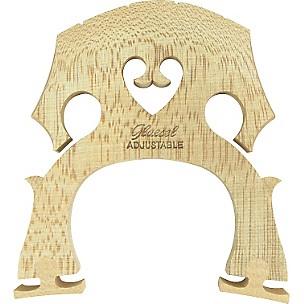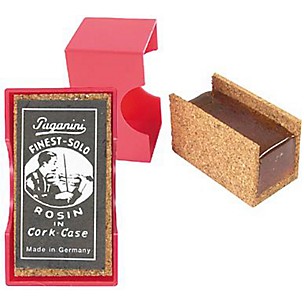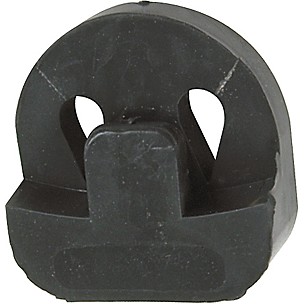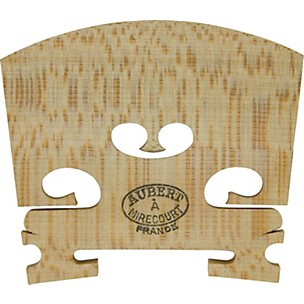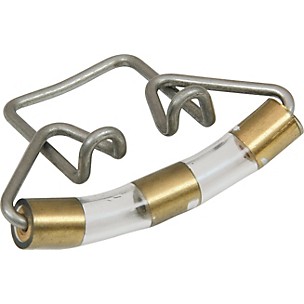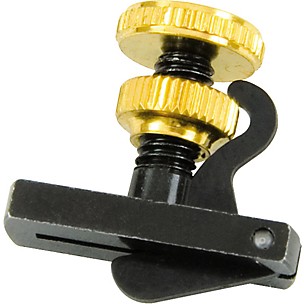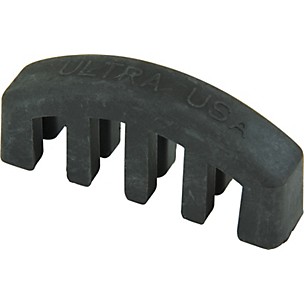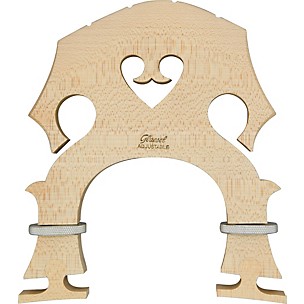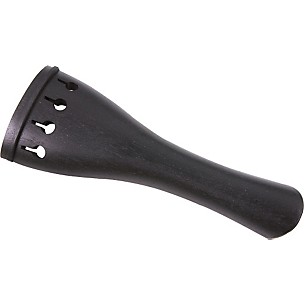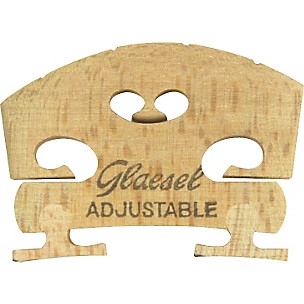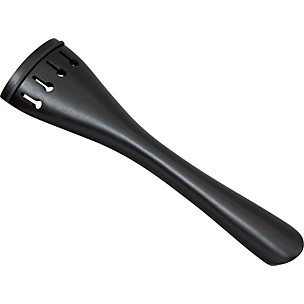Glaesel Orchestral Strings
About Orchestral Strings
Stringed instruments are instruments played by plucking striking or bowing taut strings. The stringed instruments in an orchestra include the violin viola cello and double bass. All are generally played with a bow although they may also be plucked with one's finger to create a different type of sound. The bow is a long narrow piece of wood or fiberglass which is strung with natural horsehair. In addition to orchestras stringed instruments are popular in country folk and jazz bands as well as chamber music groups.
All of the stringed instruments work together to make up the string section of an orchestra. An orchestra that is made up entirely of stringed instruments is called a string orchestra. If other instruments such as brass wind and percussion instruments are added to the string orchestra a full orchestra is formed.
Most children can start lessons between the ages of 6 and 8 (though children as young as 3 can start Suzuki lessons). Because stringed instruments come in small sizes (for example a quarter or half the size of the regular size) a child's physical size is not an issue as it might be with a big instrument like a trumpet. By this age children have started reading which many teachers believe is important before starting music lessons. Also children's attention spans are long enough to concentrate in class and practice for 10 to 30 minutes at a time. Because many children go on to play in school or community orchestras playing a stringed instrument offers opportunities for social interaction.
Please note that learning to play a stringed instrument takes time. With the piano the student strikes a key and produces a note. With a string instrument a child must learn how to position his fingers and draw the bow correctly before he can create a note correctly. So although it may be frustrating encourage your child to practice and persevere and soon he'll be playing beautiful music.

